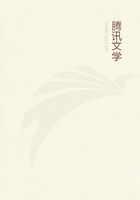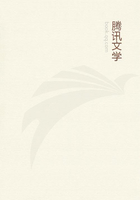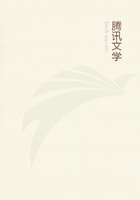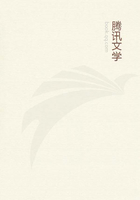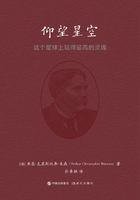Is there one genus embracing everything, or are there genera which cannot be subsumed under such a unity? Are there first-principles? Are first-principles to be identified with genera, or genera with first-principles? Or is it perhaps rather the case that while not all genera are first-principles, all first-principles are at the same time genera? Or is the converse true? Or again, do both classes overlap, some principles being also genera, and some genera also principles? And do both the sets of categories we have been examining imply that only some principles are genera and some genera principles? or does one of them presuppose that all that belongs to the class of genera belongs also to the class of principles?
Since, however, we affirm that Being is not a unity- the reason for this affirmation is stated by Plato and others- these questions become imperative, once we are satisfied as to the number of genera to be posited and the grounds for our choice.
The subject of our enquiry, then, is the Existent or Existents, and it presents immediately two problems demanding separate analysis:
What do we mean by the Existent? This is naturally the first question to be examined.
What is that which, often taken for Being [for the Existent], is in our view Becoming and never really Being? Note however that these concepts are not to be taken as distinguished from each other in the sense of belonging to a genus, Something, divided into Being and Becoming; and we must not suppose that Plato took this view.It would be absurd to assign Being to the same genus as non-Being: this would be to make one genus of Socrates and his portrait.The division here [between what has Being and what is in Becoming] means a definite marking-off, a setting asunder, leading to the assertion that what takes the appearance of Being is not Being and implying that the nature of True Being has been quite misapprehended.Being, we are taught, must have the attribute of eternity, must be so constituted as never to belie its own nature.
This, then, is the Being of which we shall treat, and in our investigation we shall assume that it is not a unity: subsequently we ask leave to say something on the nature of Becoming and on what it is that comes to be, that is, on the nature of the world of Sense.
2.In asserting that Being is not a unity, we do not mean to imply a definite number of existences; the number may well be infinite: we mean simply that it is many as well as one, that it is, so to speak, a diversified unity, a plurality in unity.
It follows that either the unity so regarded is a unity of genus under which the Existents, involving as they do plurality as well as unity, stand as species; or that while there are more genera than one, yet all are subordinate to a unity; or there may be more genera than one, though no one genus is subordinate to any other, but all with their own subordinates- whether these be lesser genera, or species with individuals for their subordinates- all are elements in one entity, and from their totality the Intellectual realm- that which we know as Being- derives its constitution.
If this last is the truth, we have here not merely genera, but genera which are at the same time principles of Being.They are genera because they have subordinates- other genera, and successively species and individuals; they are also principles, since from this plurality Being takes its rise, constituted in its entirety from these its elements.
Suppose, however, a greater number of origins which by their mere totality comprised, without possessing any subordinates, the whole of Being; these would be first-principles but not genera: it would be as if one constructed the sensible world from the four elements- fire and the others; these elements would be first principles, but they would not be genera, unless the term "genus" is to be used equivocally.
But does this assertion of certain genera which are at the same time first-principles imply that by combining the genera, each with its subordinates, we find the whole of Being in the resultant combination? But then, taken separately, their existence will not be actual but only potential, and they will not be found in isolation.
Suppose, on the other hand, we ignore the genera and combine the particulars: what then becomes of the ignored genera? They will, surely, exist in the purity of their own isolation, and the mixtures will not destroy them.The question of how this result is achieved may be postponed.
For the moment we take it as agreed that there are genera as distinct from principles of Being and that, on another plane, principles [elements] are opposed to compounds.We are thus obliged to show in what relation we speak of genera and why we distinguish them instead of summing them under a unity; for otherwise we imply that their coalescence into a unity is fortuitous, whereas it would be more plausible to dispense with their separate existence.
If all the genera could be species of Being, all individuals without exception being immediately subordinate to these species, then such a unification becomes feasible.But that supposition bespeaks annihilation for the genera: the species will no longer be species;plurality will no longer be subordinated to unity; everything must be the unity, unless there exist some thing or things outside the unity.The One never becomes many- as the existence of species demands- unless there is something distinct from it: it cannot of itself assume plurality, unless we are to think of it as being broken into pieces like some extended body: but even so, the force which breaks it up must be distinct from it: if it is itself to effect the breaking up- or whatever form the division may take- then it is itself previously divided.

